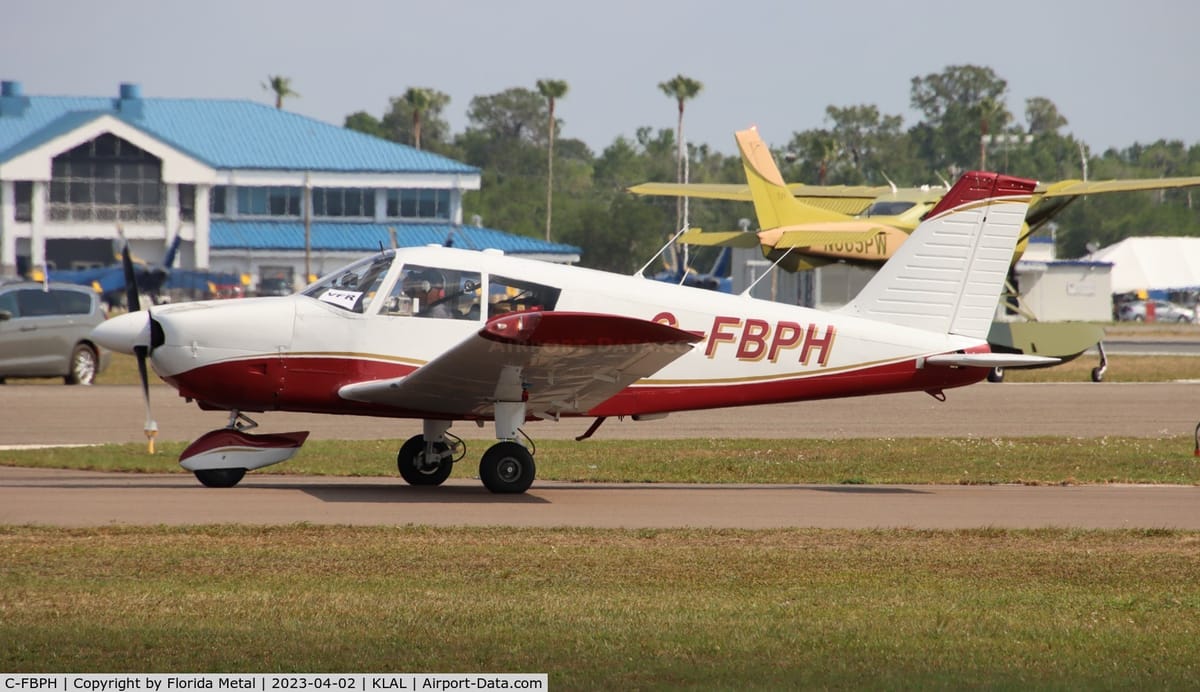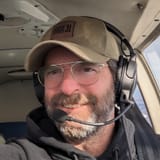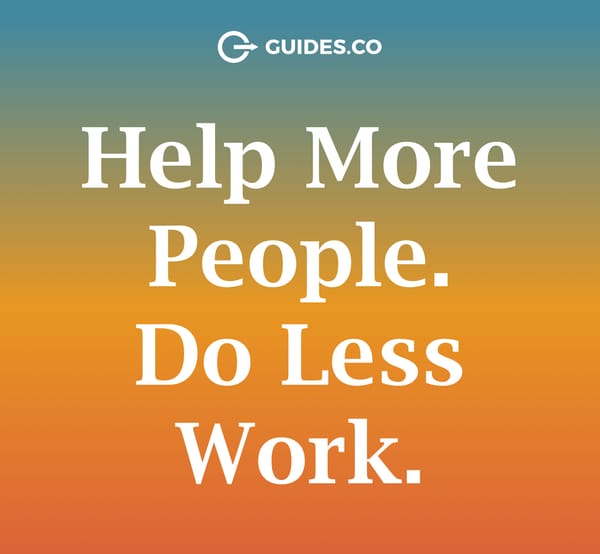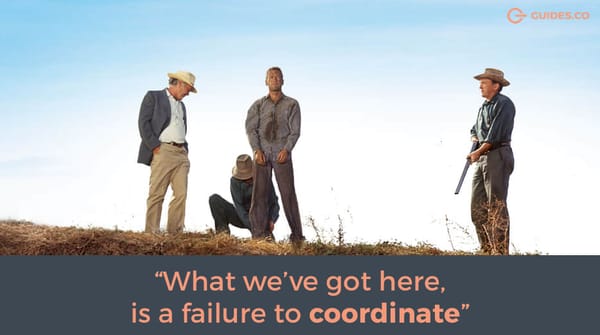Why Adaptive Learning is the #1 Skill For The Future

A few years ago I obtained my pilot license. To pass your pilot's license, there are several areas of knowledge you need to master, including meteorology, the phonetic alphabet & phraseology (radio license), aviation rules, navigation, and emergency Procedures. Importantly, you need to be able to read – and quickly understand – all of the following:

Also, you need to learn how to fly an airplane.
As pilots and flight instructors like to remind you, once you've received your license, your learning has just begun. Because in aviation, continuous learning doesn't just make you a better pilot (it does), it's often a matter of life and death. When you're stuck in a small cabin several thousand feet above ground, your safety is dependent on your pilot's ability to quickly assess and take action, often in high-stress situations ranging from an onboard fire to complete loss of power.
So you'd think the best pilots are the ones with the most experience - the "masters of their craft", but you'd be wrong. Almost every analysis on large-scale airplane accidents lacks evidence that experience is a key factor in successful outcomes. The primary factor that leads to accidents are multiple errors that, compounded, lead to poor – and often fatal – results. It's true of both JFK jr and Kobe Bryant's pilot.
The best pilots are the ones who are continuously learning, constantly mastering their craft, their decision-making, their skills, and their knowledge. When pilot's become "too comfortable", it's easier to miss something, to take unnecessary risks.
In my experience, this is equally true working with the trades, first responders, and professionals in the medical field. In fact, some of the resistance to modernization and improvement comes from the experienced people in the field - the leaders.
In today's rapid paced environment, it's more important than ever to create a culture of adaptive learning - continuous learning that incorporates both the "golden rules" - like the stall speed of an aircraft - and new rules and emerging best practices – like prohibiting smoking on flights 🤦♂️ - into constant practice. The goal isn't to disregard experience, but rather to incorporate it with new practices.
What is Adaptive Learning
Adaptive learning is a form of integrated, continuous learning that uses available resources while working. It can mean using manuals, checklists (I'll be writing more about this later), review services (like grammar, AI), and peer-working (popular with coders) as a way to ensure quality delivery and upgrade skills while using them. At Guides.co, we've made it easy to turn manuals, processes, handbooks, and regulations / policies into guides that workers can query using AI and create automated quizzes and tests that can be taken randomly, or daily as "micro-tests".
Unlike traditional training, which is done as a discreet activity, often in scenarios that don't reflect day-to-day activity, adaptive learning is hands-on, on-the-job, and integrated with daily work. Not only does it help individual workers, it can help raise standards and ensure consistent quality - because everyone is learning as they go. For new employees, it's a much more natural form of onboarding. For experienced workers, it's a co-pilot that helps them continue to learn, grow, and provide critical – and accurate – help to junior team members.
In Canada, where I fly, a certain number of hours and professional training is required for all pilots to remain legal. But most professional pilots agree that it's far lower than it should be. With the advance in technology and knowledge, it's easier than ever to provide adaptive learning for pilots at a fraction of the cost and personal time commitment it used to. Hosted software like guides.co makes it easy to provide micro-testing for pilots – not to penalize them, but to help them remain proficient, current, and prepared in the case of an accident at 7,000 feet.
Does your organization use adaptive learning processes? How is it helping?





